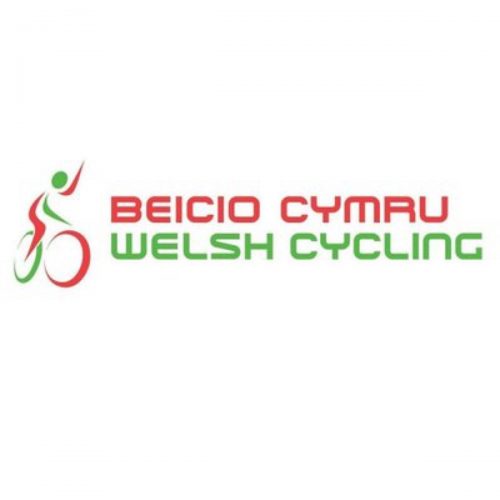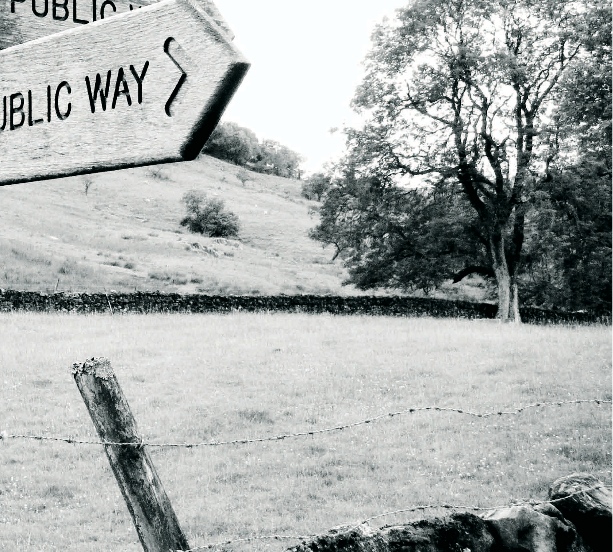As we reported earlier this month, a consultation is underway on proposals to increase access to the Welsh countryside. Open MTB has already teamed up with Cycling UK to provide this very detailed response to the consultation, and today British Cycling and Welsh Cycling have added their voices to the campaign, with their own consultation response. We understand that British Cycling was invited to join forces with Cycling UK and Open MTB but decided to provide their own response – perhaps not such a surprising decision given the potential competition between the two membership organisations both representing the interests of cyclists.
In responding to the consultation, British Cycling and Welsh Cycling are calling on Wales to become a world-leading destination for cycling as they pledge their support for proposals that will make it easier for cyclists to ride in the countryside.

Responding to the ‘Taking Forward Wales’ Sustainable Management of Natural Resources consultation, the governing bodies have called for responsible cycling to be allowed on all paths and land with public access.
British Cycling Campaigns manager, Martin Key, said:
“At British Cycling we want as many people as possible across the UK to be able to access cycling in the countryside. Allowing responsible cycling on all paths and land with public access will be transformational, providing people with far greater opportunities to cycle on off-road routes, which is ideal for those who might be new to cycling and want to build their confidence on a bike away from traffic.
“Responsible access for people cycling would provide a significant boost to the Welsh economy and would help deliver cleaner, greener and healthier communities.”
Wales currently has approximately 33,000 kilometres of public paths but just 7,000 kilometres are currently accessible by bike. If the proposals were taken forward this could see 26,000 kilometres opened to the public and would remove uncertainty around access rights and potential sources of conflict between cyclists and other user groups.
Welsh Cycling chief executive officer, Anne Adams-King, said:
“At Welsh Cycling, we live by our vision of inspiring Wales to cycle and fulfilling the potential of cycling in Wales. We strongly support the consultation, which will greatly increase access for people on bikes to paths and routes across Wales, therefore providing far more opportunities and routes for people to enjoy a ride.”

The press release from British Cycling and Welsh Cycling states:
‘British Cycling and Welsh Cycling started campaigning for greater access to the countryside for cyclists following the results of a YouGov poll, commissioned by British Cycling, in June 2016. The results of this poll showed a huge demand for more cycling in the countryside. Despite only 6% of people cycling in the countryside, half of the survey’s respondents said they would like to cycle there more. The poll also revealed that 64% of people do not know that they are not allowed to cycle on the majority of public paths in the countryside. Introducing a right of access for people cycling would remove this uncertainty.
British Cycling’s response supports and compliments the calls of the Outdoor Access Coalition which believes the benefits of improved access for all will increase the enjoyment of recreational activities, improve the health of a nation, strengthen rural economies and lead to sustainable management of the natural environment for future generations.’
You can read British Cycling and Welsh Cycling’s full response to the consultation here.
We understand that the Outdoor Access Coalition mentioned in the press release is a working group which brings together a range of outdoor interests. Open MTB and Cycling UK are both members, and we’re expecting a full announcement soon as to the plans and aims of this body.

The consultation response does differ from the Open MTB and Cycling UK response – the Open MTB response is much more detailed, and arguably takes an approach which is aimed at allaying the concerns of others user groups who they have been working and consulting with, rather than perhaps the more narrow cycling focus approach of British Cycling. Since any legislation will have to make it past the Welsh Assembly – and with it the lobbying interests of not just cyclists, but also landowners, other leisure groups, and environmental groups – you can debate long and hard whether it’s better to be reasonable in the first place, or ask for more but end up with a bit less.
We’ve had a quick glance through the two responses, and most points seem to be broadly the same, although there are a couple of points where they seem to differ.
Firstly, the Open MTB response agrees with Proposal Ten, which allows for cycling and horse riding on footpaths under the same conditions as bridleways presently have. However, the British Cycling response seeks to extend that to a ‘if you can see it on the ground, you can ride it’ approach – effectively the open access of Scotland.
In addition, British Cycling’s response to Proposal Ten states:
6. Welsh Cycling and British Cycling support the the policy that it should be the responsibility of the users of of the rights of way network to verify the suitability of paths as this will help minimise the burden on the land manager and highways authorities to, for example, amend or alter existing infrastructure such as stiles and gates. Support for this proposal is only on the basis that:
a. provision is made to define and/or retain a core paths network (which may include cyclepaths – see proposal 24) which is of a defined accessible surface, with suitable accessible gates or similar. These should be on routes that are useful and purposeful for all users but specifically enabling access for those with disabilities or using suitable adapted equipment
b. That such a core paths network is able to be identified by users both in the location and using whatever mapping form is agreed, – see proposal 19
While this may be a laudable aim – to provide a clear ‘cycle network’ of accessible routes – it seems to us potentially restrictive to caveat support for wider access on such an issue. Yes, accessible routes and an easy to identify map of them would be brilliant – particularly for the utility cycling or family cycling scene – but perhaps it would have been better to frame it in less restrictive terms. After all, it would be a shame to see increased access to what is already there fall by the wayside because of a perceived cost to create something that doesn’t currently exist. Perhaps it’s just poor wording and its not intended to be so restrictive.
The proposals around designated cycle paths do seem a little wooly (see Proposal 24 if you’re interested), and it looks like there could be much hand wringing (and conflicting views) over what constitutes proper maintenance of surfaces, and who has right of way on such a path. Let’s hope that such difficulties don’t get in the way of the basic issue of getting legal responsible access to the trails that are already out there.
Similarly, we understand that the cycling lobby is keen to have a ‘presumption in favour of access’ – i.e, that a footpath becomes legally rideable unless a restriction is specifically placed on it (it seems to be commonly accepted that some paths may not be suitable for cycling at all times of the day or year). On the other hand, other users have been keen to see paths designated as suitable for cycling on a case by case basis – which sounds like the kind of administrative nightmare that could see us all on hover boards before the process was completed.
Hopefully this Outdoor Access Coalition (or is it Open Access Wales? We await formal announcements…) group can help provide a voice that finds a balanced route through these differences of opinion. It would be a shame to see an opportunity for a real shift in attitudes to countryside access and cycling be lost in a bureaucratic quagmire or conflicts of opinion between user groups who, in many cases, have a shared love of the countryside at heart.
Wherever we get to the first step is to make your voice heard, so make sure you respond to the consultation.
The consultation closes on 30 September.
To pledge your support for the Open MTB and Cycling UK submission, head here.
To pledge your support for the British Cycling and Welsh Cycling response head here.
If you want to submit your own response, head to the Welsh Government’s consultation portal here.


